UPDATE: The “School of Shock” is currently under federal investigation for its controversial treatments. Read about it here.
This is the photo essay companion to Jennifer Gonnerman’s piece on the Judge Rotenberg Center, a facility where autistic, mentally retarded, and emotionally troubled children from eight states are subjected to food deprivation, social isolation, and even electric shocks.
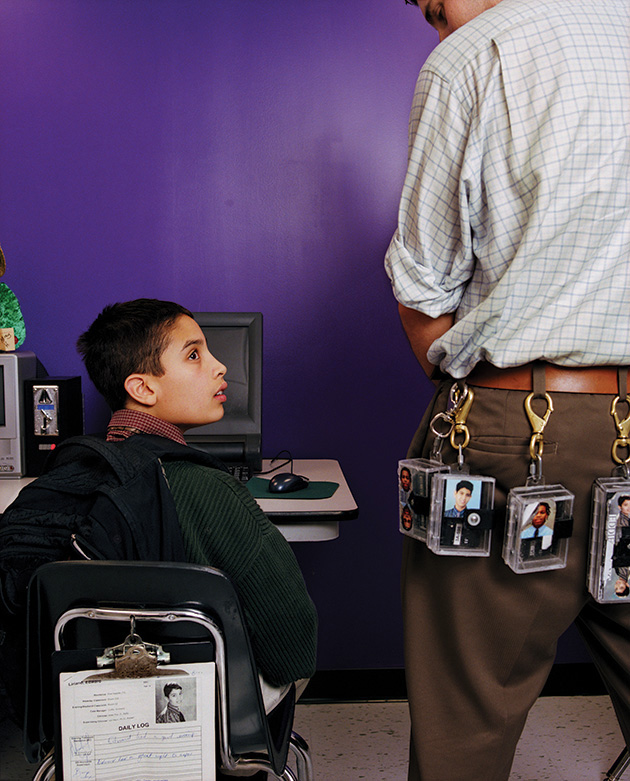
At the Rotenberg Center, students as young as nine and ten receive shocks for misbehaving. Employees wear remotes bearing a picture of each child around their waist so they don’t shock the wrong kid.
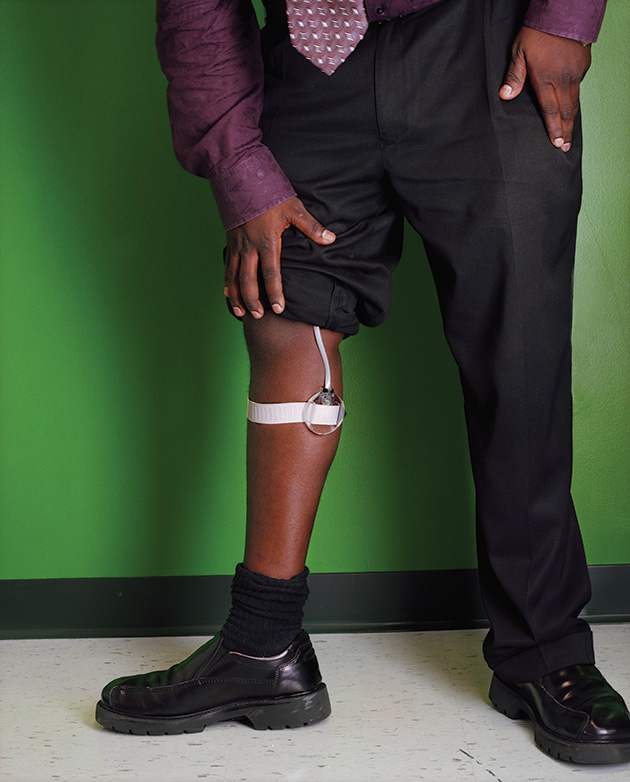
GED device TK
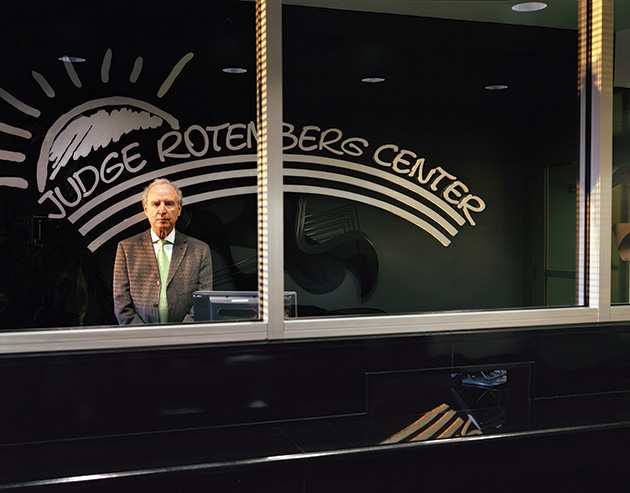
Director TK TK
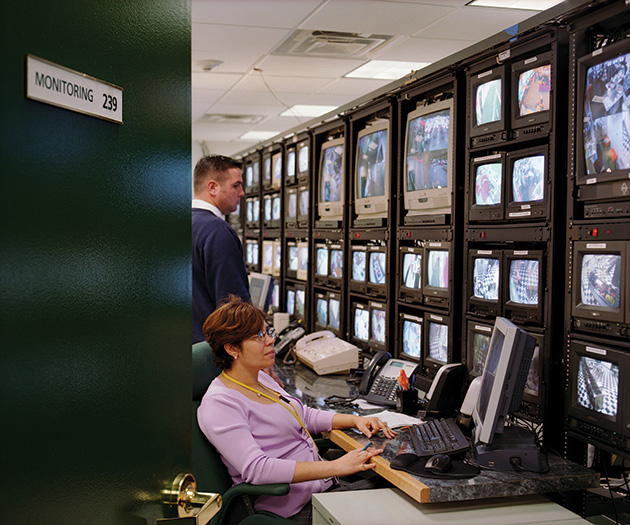
Monitoring room TK
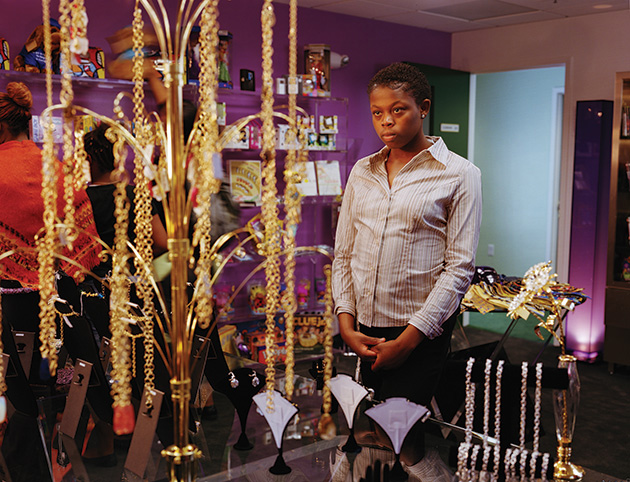
Students use good-behavior points to "buy" goods from this school store. If they’re really good, they can also go to the "Big Reward Store," an arcade that is the only place where some are allowed to socialize freely.
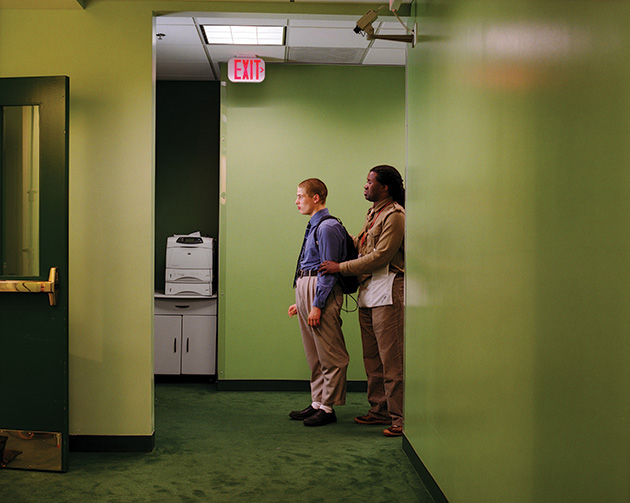
Students who receive electric shocks carry the device around in a backpack and wear the electrodes 24 hours a day; some are also monitored at all times by at least one Rotenberg Center employee.
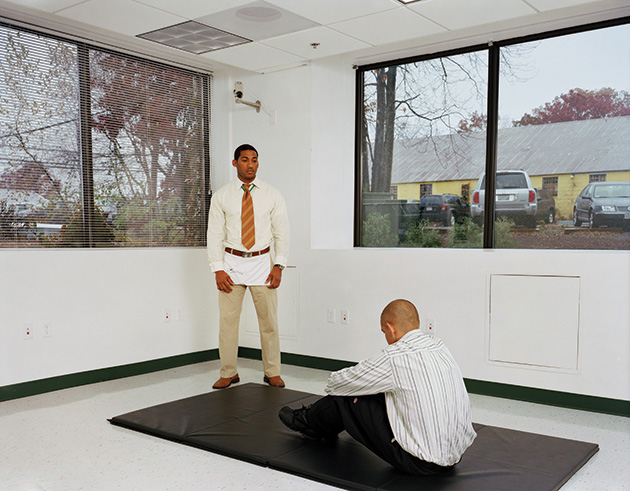
At the Rotenberg Center, the staff, too, are constantly under surveillance. They can’t have casual conversations with each other and if they are caught failing to shock kids when the rules say they should, they can be fired.
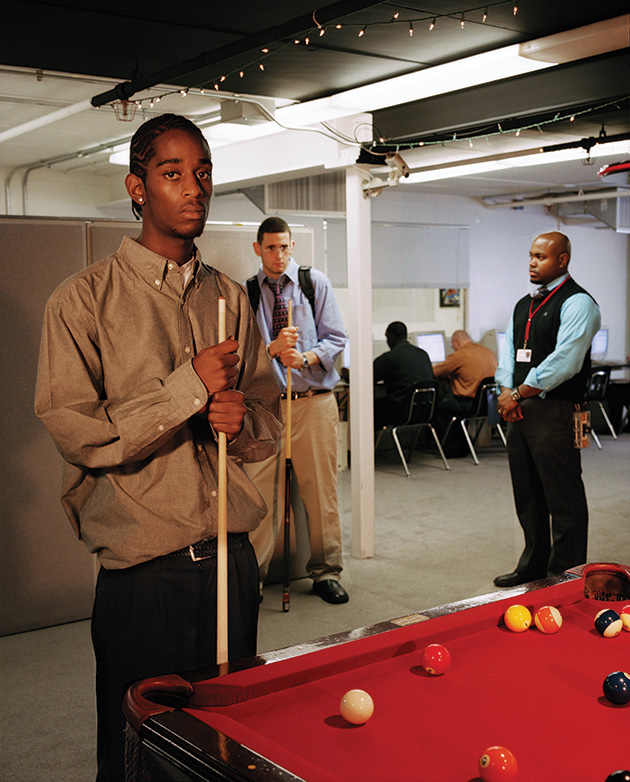
Reward Room 2























